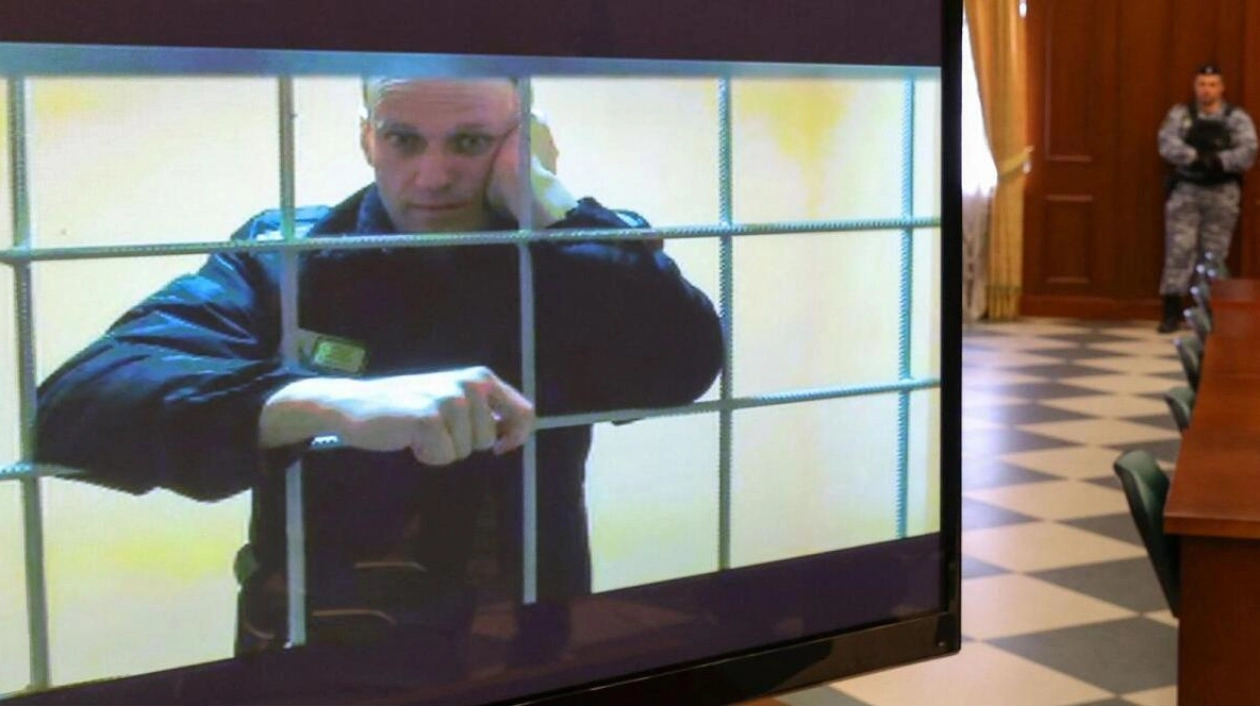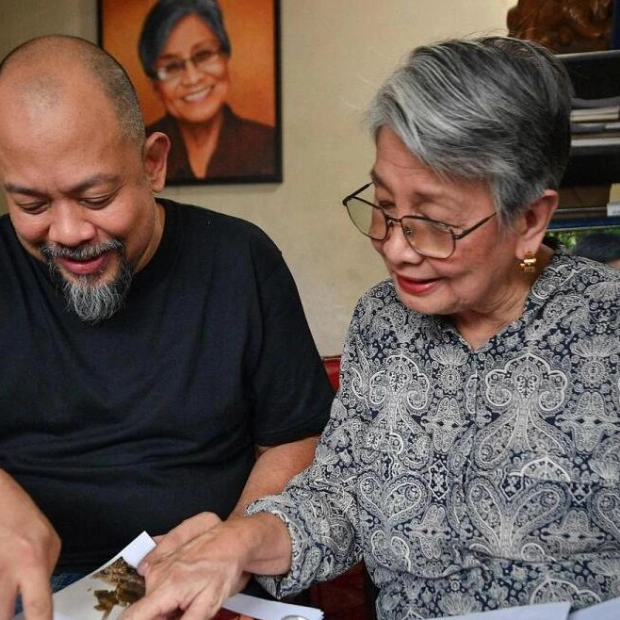The widow of the late Russian dissident Alexei Navalny, Yulia Navalnaya, stated on Thursday that investigators informed her that his demise at an Arctic prison colony in February was due to a "combination of diseases," a conclusion she found absurd. She announced her intention to request a criminal investigation into her husband's death, which she views as murder, and affirmed that Navalny's team would persist in their own inquiry.
Navalny, 47, unexpectedly passed away on February 16, significantly impacting the Russian opposition, which lost its most influential and beloved leader. He was serving over 30 years in prison on charges he believed were fabricated to suppress his criticism of President Vladimir Putin. The Kremlin has vehemently denied accusations from Navalny's supporters that Putin orchestrated his death.
On social media, Yulia Navalnaya shared a copy of a three-page official letter she received last week, which declared there were no criminal elements in her husband's death, thus no basis for an investigation. The letter was signed by Alexander Varapayev, the same investigative official who, according to Navalnaya, initially withheld Navalny's body from his mother unless she agreed to a secret burial—a condition she refused.
The letter detailed that Navalny fell ill suddenly while walking in the prison yard and was rushed to a medical unit where efforts to save him, including indirect heart massage and artificial respiration, were unsuccessful. An emergency team was dispatched but failed to revive him. Navalnaya dismissed this account as a fabrication and a cover-up.
She revealed that when Navalny became ill, he was returned to his punishment cell, where he was dying alone, and was only taken to the medical unit unconscious. She questioned why these details were omitted from the Investigative Committee's findings. She did not specify how she and her husband's supporters ascertained the sequence of events.
The official letter attributed Navalny's death to a combination of diseases, listing conditions from hypertension and pancreatitis to vertebral damage and herpes virus in his lungs and spleen. It suggested that a critical rise in blood pressure triggered his death by disrupting his heart rhythm and overloading its chambers. Navalnaya argued that many Russians suffer from similar chronic conditions without sudden fatal outcomes and challenged the diagnosis of heart arrhythmia.
She recalled Navalny as lively and cheerful during a video link court appearance the day before his death and questioned why, if he was indeed so ill, he was sent to a punishment cell and kept there for months. Navalnaya called for the initiation of a criminal case, noting that no investigation would proceed as long as Putin remained in power. She declared, "Therefore, we will continue to investigate ourselves."






